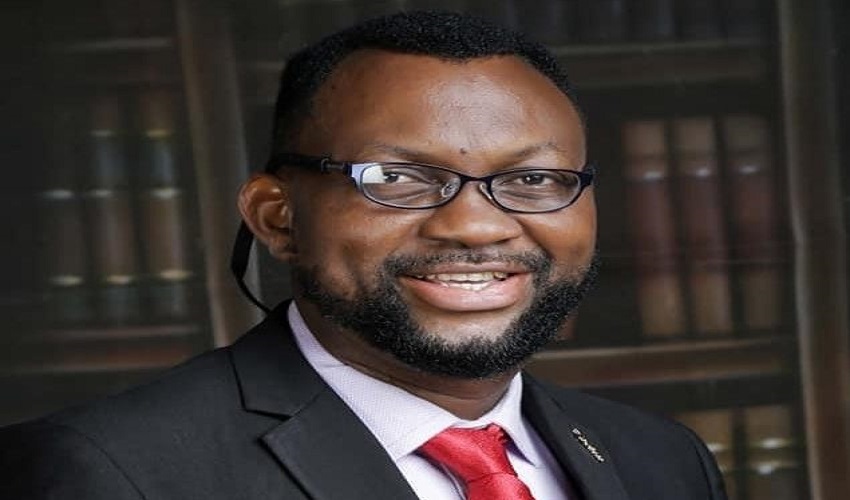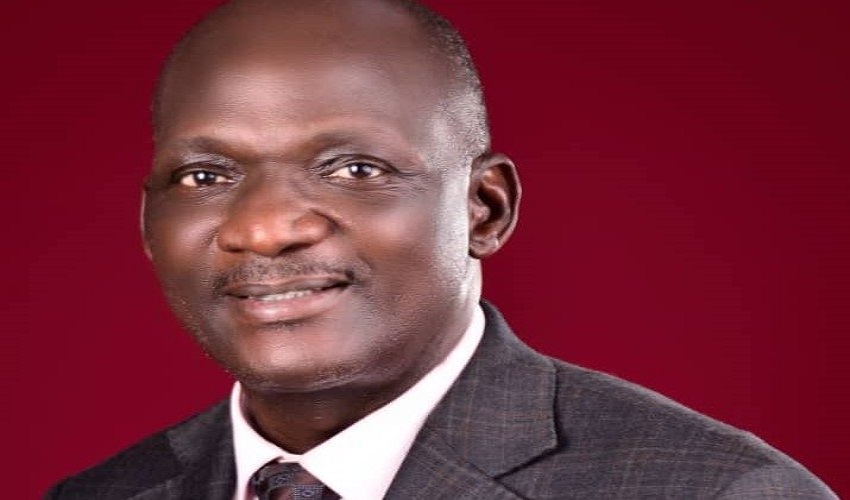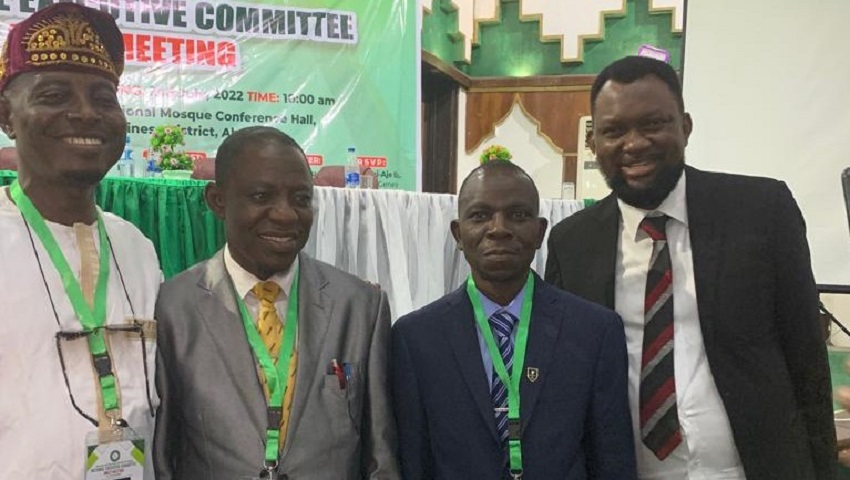An endorsement battle seems to be raging among the leading presidential candidates, CITY LAWYER can authoritatively report. Bar Leaders among others are currently lining behind their preferred candidates in the hope that this will sway eligible voters to tag along. Each endorsement is celebrated by the campaign organisations with flashy flyers highlighting the testimonial about...
Month: July 2022
ECNBA PUBLISHES ELECTION MAGAZINE, LINKS FOR PRESIDENTIAL DEBATE
The Electoral Committee of the Nigerian Bar Association (ECNBA) has released the Election Magazine for the 2022 NBA Elections. This is in line with the Second Schedule to the NBA Constitution 2015 (as amended) which provides in Part IV Article 16 that “The Electoral Committee shall collate all materials, arrange them in alphabetical order without...
‘I WILL ENSURE THAT LAWYERS ARE GAINFULLY EMPLOYED,’ SAYS ISAAC OGBAH
8th Point on the Manifesto of Isaac Omuta Ogbah as published by ECNBA on its website “In ensuring that government officials are properly guided in their responsibilities, I will see to it that the leadership of the NBA work with the National Assembly to ensure that every government agency both at the Federal, State and...
‘HOW I WILL TACKLE POLICE BRUTALITY ON LAWYERS,’ BY ISAAC OGBAH
7th Point on the Manifesto of Isaac Omuta Ogbah, FICMC as published by ECNBA on its website Given the high level increase of brutalization of lawyers in the process of carrying out of their lawful and legitimate duties on a daily basis by law enforcement officers, to ensure we nip this in the bud. I...
50 LAW FIRMS, CORPORATES BACK 2022 NBA-SBL CONFAB
In a move that demonstrates their continued faith in the Annual International Business Law Conference of the Nigerian Bar Association Section on Business Law (NBA-SBL), over 50 corporate sponsors have thrown their weight behind the 16th conference coming up in Abuja in July. The sponsors include Corporate Affairs Commission, Aluko & Oyebode, Flutterwave, Banwo &...
ANATHEMA OF ADMINISTRATION OF OATH OF OFFICE TO JUDICIAL OFFICERS BY CHIEF EXECUTIVES
ADMINISTRATION OF OATH OF OFFICE TO JUDICIAL OFFICERS BY CHIEF EXECUTIVES: A SYMBOLIC REPRESENTATION OF JUDICIAL SUBJUGATION By Jonathan Gunu Taidi, Esq. There is no gainsaying the fact that the judiciary in Nigeria is in a state of anomie and absolutely unable to operate like an independent arm of government rather than as an appendage...
‘WHY WE DID NOT ADOPT GADZAMA, MAIKYAU, OTHERS,’ – BY EGBE AMOFIN
The resurgent umbrella association of lawyers of Yoruba extraction, Egbe Amofin O’odua has thrown its weight behind some candidates in the forthcoming Nigerian Bar Association (NBA) General Elections, even as it shunned adoption of any of the presidential candidates. In a statement made available to CITY LAWYER by its Publicity Secretary, Mr. Yinka Sokoya, the...
‘CLEMENT CHUKWUEMEKA: AN UNCOMMON ACTIVIST WITH TRACK RECORD’ – REX UZOEGBU
BY REX ONYEKACHI UZOEGBU As the Great African Wooden Gong unendingly sounds with torrential lyrical frenzy renting the air to the delight of legal minds, we’re respectfully obliged and inclined to the standing ovation of an enigma; accomplished juggernaut, a legal icon, an uncommon Hero, Protector of the human race, former Action and unbeatable performing...
ISAAC OGBAH STORMS MULAN’S NEC PARLEY
ISAAC OMUTA OGBAH, NBA 3rd Vice Presidential Candidate attends MUSLIM LAWYERS’ASSOCIATION OF NIGERIA (MULAN) NEC MEETING In continuation of his quest to emerge as the 3rd Vice President of the NBA Mr. Isaac Ogbah attended the MULAN’s NEC meeting which held at the National Mosque Conference Hall in Abuja on the 2nd of December, 2022....
‘ISAAC OGBAH: A BRIDGE BUILDER WITH PASSION FOR SERVICE’
Isaac Ogbah; the Man, who loves to serve. This is not mere rhetoric. Justified by nature, history is birthed daily by the activities of men. We may also put it this way: whatever we do today becomes that tale to be told thereafter. Isaac Ogbah has records of service within and beyond the bar. His...








